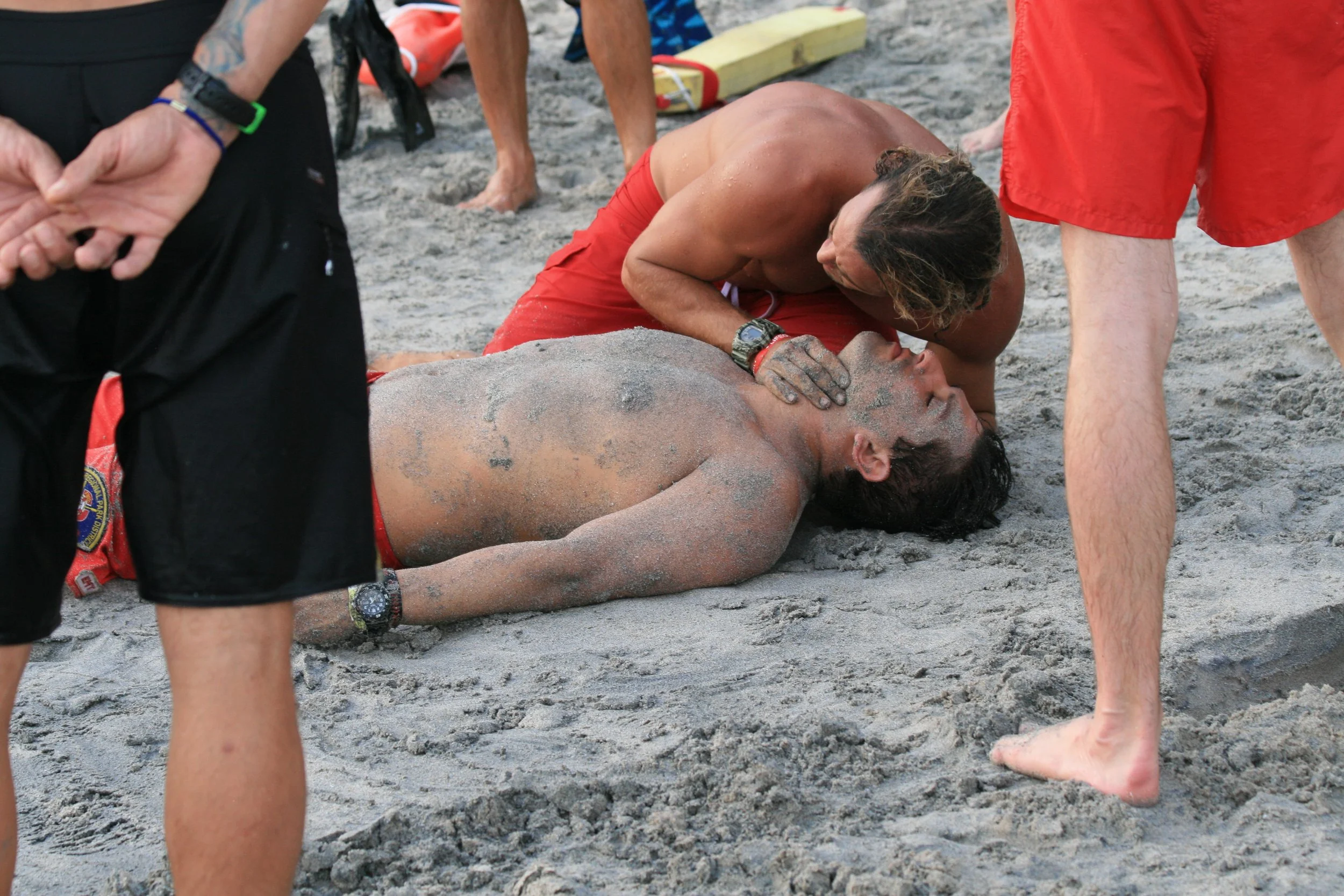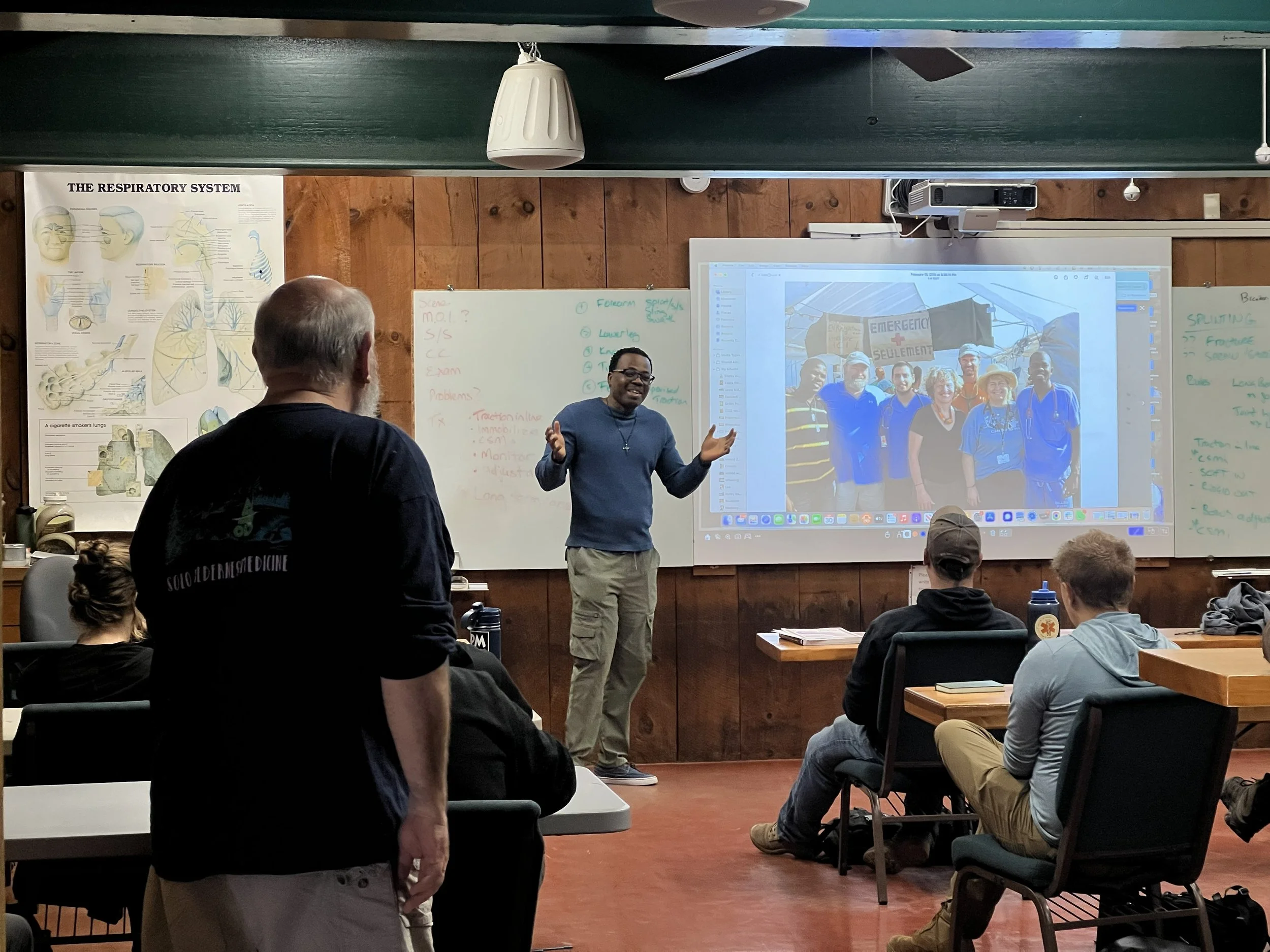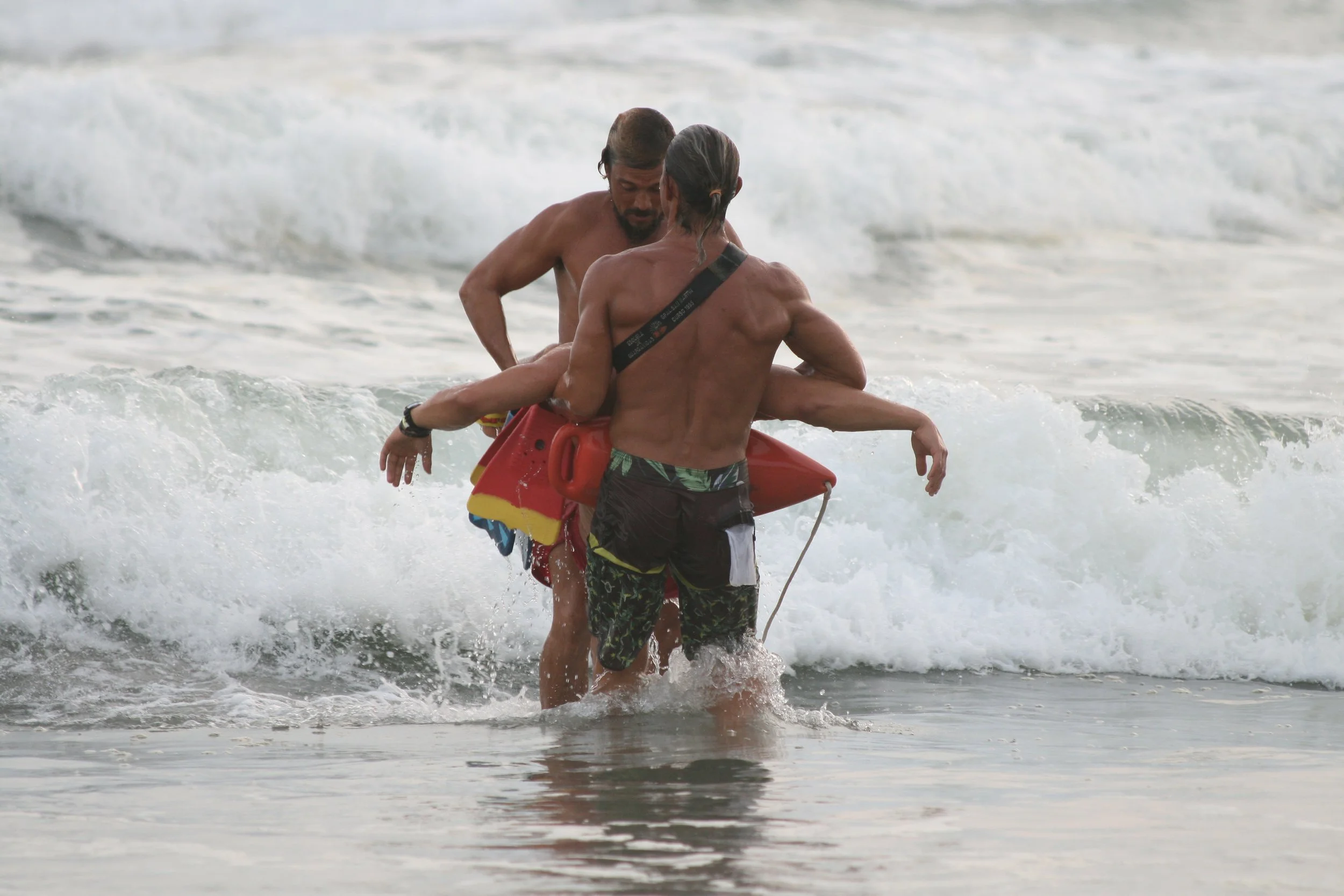
Courses
Contact us so we can customize an educational program for your community.
Become an expedition-medic
These courses are our cornerstone. We’ve done many variations on this course. Check below for our current courses or read further to get inspiration for a course we could put together for your organization.
We’ve got a course for you if:
you run a camp or resort in a remote environment and want to host a course for your staff in first-aid that is specific to the conditions or activities in your area
you are looking to increase your medical competencies in a work-capacity, as a guide or leader for example
you travel deep into the bush, but have had the thought cross your mind that you’d basically be screwed should something happen
Some more info:
What’s the plan going forward?
We’ve held a lot of these courses on a volunteer basis, and plan to continue with this as our base. On any scouting mission, we’ll be looking for opportunities to hold variations on these courses for the local community, with a focus on the injuries and illnesses that are most relevant to that area.
Who can be participants?
Like we’ve said, this course can and has been customized for all kinds of different folks. With a 2-week medic course, we mostly have remote surf-guides and boat-captains in mind. With the 2-day course, we tend to focus on building a foundation in emergency medicine for participants who have little experience or training from before.
What do participants receive in the course?
What is a WFA and WFR?
Here’s from the website of the certifying agency, SOLO:
“The WFA is 16 hours long (two days), and focuses on the basic skills of: Response and Assessment, Musculoskeletal Injuries, Environmental Emergencies, Survival Skills, Soft Tissue Injuries, and Medical Emergencies.”
“The WFR is 72+ hours long (8 to 10 days), and is a comprehensive and in-depth look at the standards and skills … (that) appear to be the same basic topics covered in our two-day WFA course, (though) they are covered far more extensively, and there is much more hands-on practice. Additional topics, such as CPR, are also included.”
What’s payment like?
General pricing of a WRF is between $700 and $1000 per person, though it’s ultimately up to the hosting organization to set the price per person. This course is organized only on request, with a minimum number of participants at around six for it make financial sense.
We can provide a quote for the total cost at your location - expect to cover the living and transport costs of 1-2 instructors plus a per diem. The host can then set pricing per person and potentially come out with a profit and a highly-trained staff. We are very transparent about our pricing, so feel free to contact us and we can go through an Excel sheet with you and see if we can’t make this something that truly benefits the both of us.
Giving back while we’re out there
It’s some version of this course that we always strive to hold while we’re deep out there in these gracious communities that host us as surfers. We have a strong belief that surf-tourism can be an incredible contributor for the growth of a community. Holding different variations of this course our best way of giving back to the local community while also forging strong bonds with community leaders. We’ve held variations on this course focused on drowning prevention in fishermen, ocean safety with local students, advanced wilderness first-aid with lifeguards and ocean rescue for local surfers. With our growing level of medical knowledge, we are setting our aims higher in the near future. We will be holding advanced medical courses at local clinics, and potentially focusing our efforts on teaching hand-held ultrasound to rural and remote healthcare practitioners as an imaging modality in areas where no imaging technology exists. Stay tuned in our blog for more information on this.





